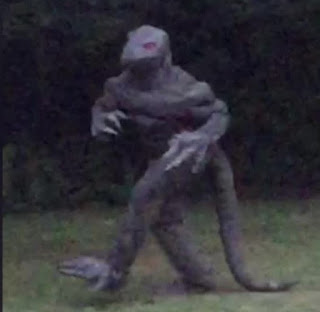Life in the Circular Ruins
 |
| Death and the Compass |
 As with so many other things I fully expect to be transcendent, my first encounter with Borges left me a little underwhelmed. I found his ideas about cyclical time and the metaphysical patterns playing out in human lives fascinating, but the actual stories felt somewhat bloodless, lost in a sea of classical allusions and convoluted narrative experiments. I conceded it was probably brilliant, but it didn't really make much of an impression on me. I thumbed through that collection a few times over the years, thinking I should return to it, but it never seemed to be the right time.
As with so many other things I fully expect to be transcendent, my first encounter with Borges left me a little underwhelmed. I found his ideas about cyclical time and the metaphysical patterns playing out in human lives fascinating, but the actual stories felt somewhat bloodless, lost in a sea of classical allusions and convoluted narrative experiments. I conceded it was probably brilliant, but it didn't really make much of an impression on me. I thumbed through that collection a few times over the years, thinking I should return to it, but it never seemed to be the right time.Until now, a couple of decades later. Another long and winding lattice of coincidences that wouldn't make much sense uttered aloud (or explained in writing) recently led me to pull the book off the shelf again, and this time it opened up to me in ways it hadn't before. Some of the short works in the ficciones section of Labyrinths barely count as fiction, using the barest scraps of narrative as a frame on which to explore Borges' speculative philosophies. Taken individually, they sometimes don't amount to much, but reading them all together has a cumulative effect, the single stories becoming tiny facets in the lens through which Borges conducts his thought experiments and finds the underpinnings of the human experience in our shared mythologies. It's safe to say that this time around, it's finally hit the mark.
-------------------------------------------------------------------------------------------------------------------------
Up next, in no particular order:
- Vern Smith's The Gimmick
- Shane Hinton's Radio Dark
- Virginia Woolf's To the Lighthouse (part of the Books I'm Pretty Sure I Faked Reading Somewhere Along the Way in College series)

Comments
Post a Comment